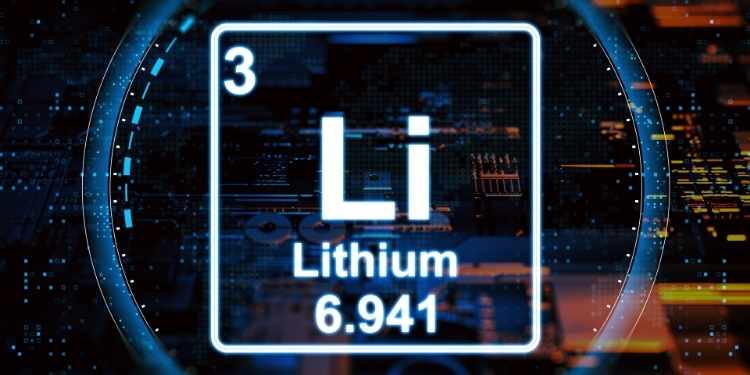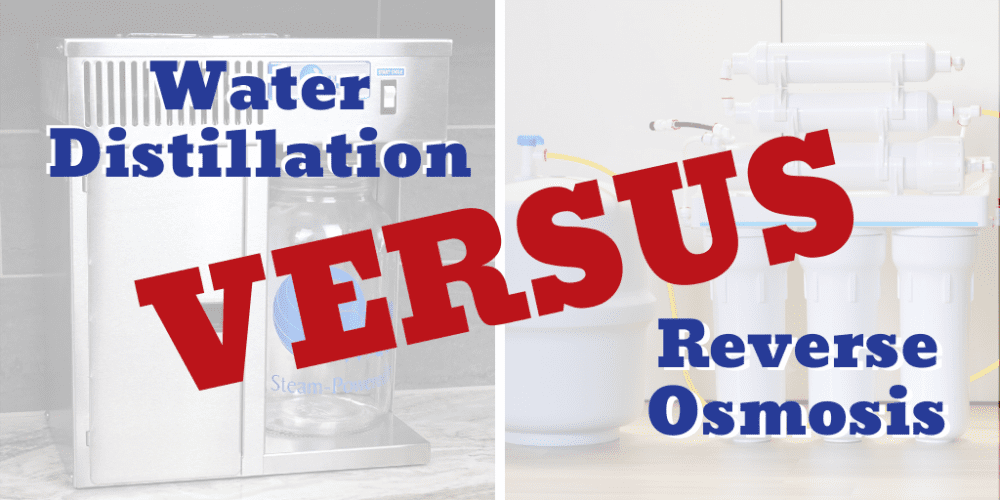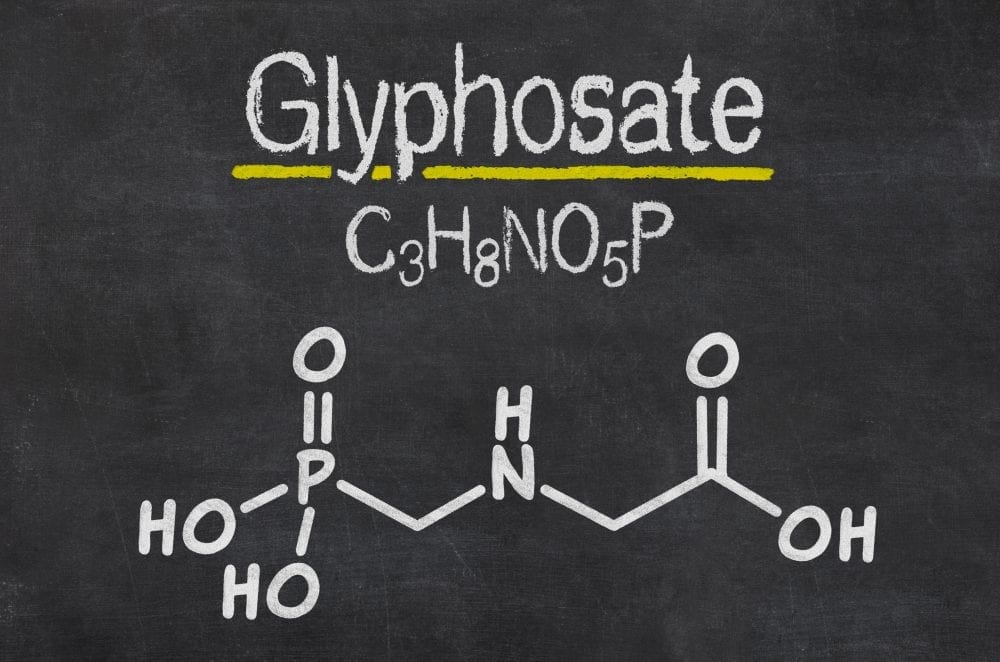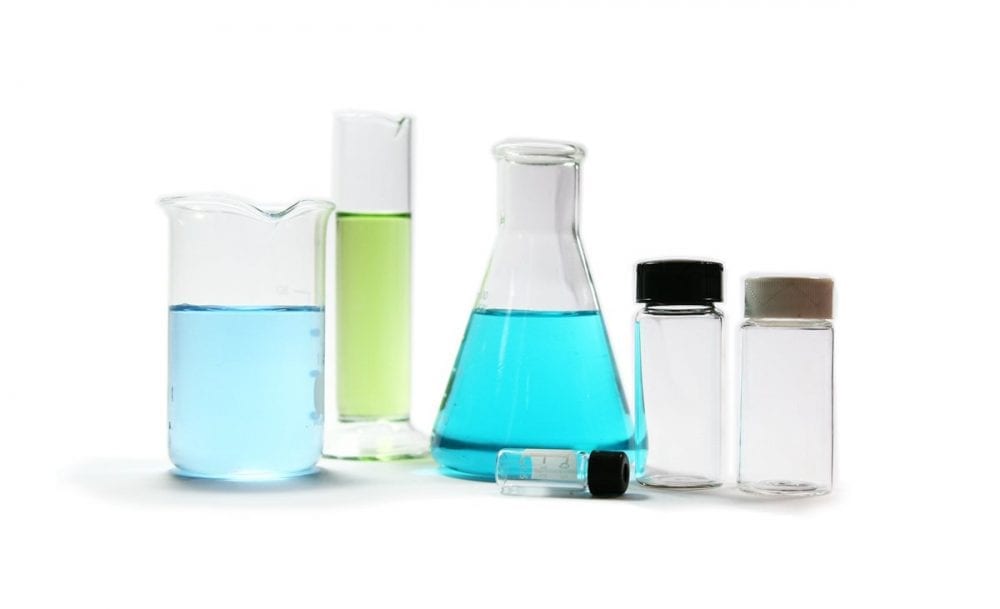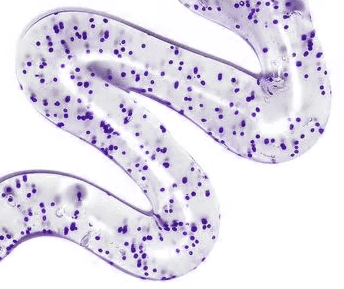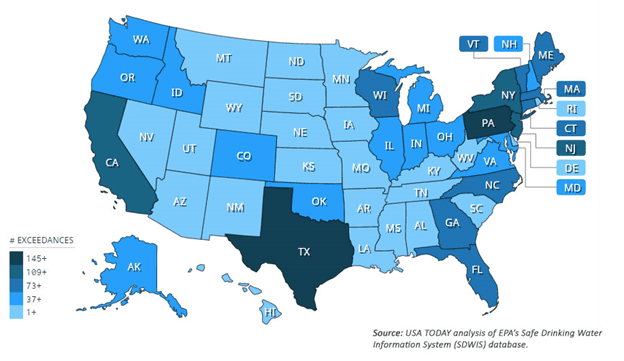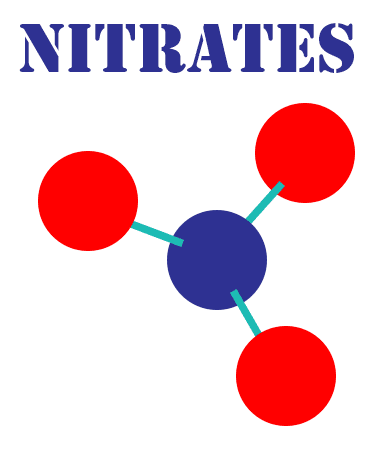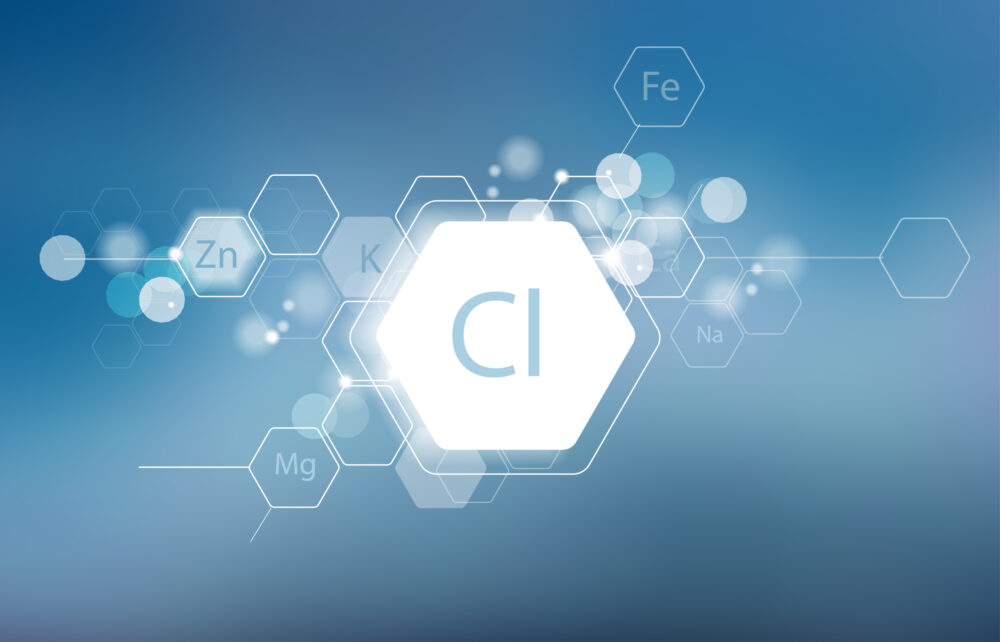Recently, we've been receiving questions about seemingly "good" contaminants, like lithium. We believe that you should be in control of your water, you should know what is in your water, and you should understand what you are consuming. That's why we went to our resident chemist - Eldon Muehling … [Read more...]
Compare Water Purification Systems: Water Distillation vs Reverse Osmosis
When you're deciding what kind of water purification system you and your family need, there's a lot to consider: effectiveness, cost, maintenance, environmental impact... the list goes on. But if you've narrowed down your decision to water distillation vs reverse osmosis, you're in the right … [Read more...]
What You Need To Know About Glyphosate and Roundup
Glyphosate in Drinking Water Water testing shows that at least 70% of American household's drinking water is positive for above detectable levels of glyphosate. The EPA MCL (Maximum Contaminant Level) for glyphosate in the U.S. is 700 ug/L. This limit was decided upon by the EPA based on the … [Read more...]
Is the “Forever Chemical” in your water?
PFA contamination in the United States A recent update (March 2019) published by the Environmental Working Group (EWG) and the Social Science Environmental Health Research Institute at Northeastern University, includes a map of the United States that documents publicly the currently known extent … [Read more...]
What You Need To Know About PFAs, including PFOS and PFOA
There has been a lot of confusion regarding PFCs and PFASs, and this is largely because the abbreviation PFCs can stand for two different things: (Source: https://www.epa.gov/pfas/what-are-pfcs-and-how-do-they-relate-and-polyfluoroalkyl-substances-pfass) PFAS is a replacement for … [Read more...]
Sterile Water vs Distilled Water
Lately, a new question has been popping up online: what's the difference between sterile water and distilled water? Sterile water has usually been boiled to kill anything living in the water, but it still has other things in it. Distilled water is made to get you as close to pure H2O as … [Read more...]
The Importance of Pure Drinking Water
August is National Water Quality Month As you may know, August is National Water Quality Month. National Water Quality Month was founded years ago to educate consumers about the importance of clean water. Water, especially PURE water, is so important not only to our well-being but our … [Read more...]
Are Microbeads in Your Drinking Water?
What are Microbeads? Microbeads are man-made solid plastic particles of less than one millimeter in their largest dimension. They are commercially available in particle sizes of 10 micrometers to 1 micrometer. That would be the equivalent of 0.00039 inches to 0.039 inches so they are very small and … [Read more...]
Lead Contaminated Tap Water: What’s Your Risk?
It Started in Flint, Michigan Nearly everyone is familiar with the Flint Michigan Water Crisis where lead was being leached from old pipes into drinking water. In 2014, in an effort to save money, the city of Flint switched from its original water provider to using water from the Flint River. … [Read more...]
How to Remove Fluoride from Water
Does Distilled Water Have Fluoride? No. Distilled water does not have fluoride. Water Distillation Systems are superior at removing fluoride. Third party lab testing reports show that the removal rate of fluoride by Pure Water distillers is greater than 99%. Water filters that remove fluoride … [Read more...]
Effective Nitrate Removal from Water
Nitrates in water can cause blue blood syndrome and birth defects, as well as stomach and colon cancer. Nitrates are mainly used in fertilizers for better crop production. This can cause water quality issues, especially for people who live in states that are heavily involved in farming, … [Read more...]
Removing Chlorine from Drinking Water
Chlorine in drinking water is a big concern these days, which has prompted numerous people to look for ways to remove chlorine from tap water. While chlorine is added to municipal water supplies as a disinfectant to kill disease-causing pathogens, such as bacteria, viruses, and protozoans, it also … [Read more...]
